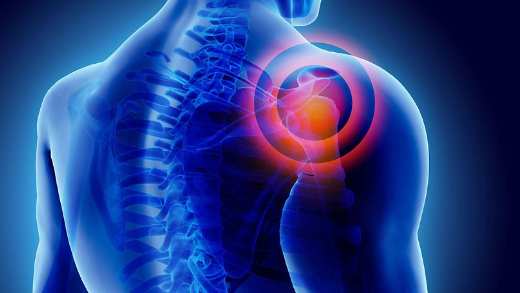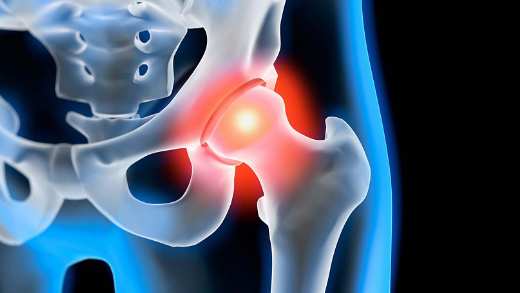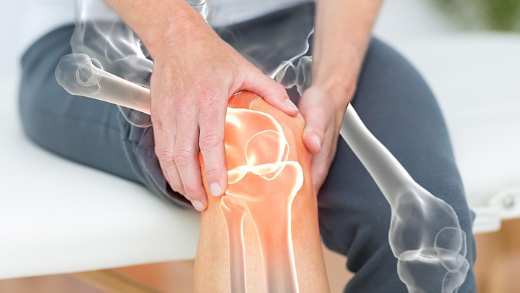High blood pressure, or hypertension, is one of the most common health conditions in the UK. It affects about 15 million people, but it’s believed roughly 5.5 million of those are undiagnosed.Footnote [1]
If left untreated, having high blood pressure can increase your risk of serious problems such as heart attacks and strokes.
However, there are things you can do to keep an eye on your blood pressure – and help keep it down.
High blood pressure explained
Blood pressure is a measure of how strongly your blood presses against your arteries as it moves around your body.
It’s given in two figures that are measured in millimetres of mercury (mmHg):
- Systolic – the force at which your heart pumps blood around your body.
- Diastolic – the resistance to the blood flow in the blood vessels.
Normal blood pressure is between 90/60mmHg and 120/80. High blood pressure, which puts a strain on organs and arteries, is 140/90 or above.
If you have a reading between 120/80mmHg and 140/90mmHg, you could be at greater risk of developing high blood pressure.
However, everyone's blood pressure is slightly different and what's considered high or low for one person may be normal for someone else.
It’s also normal for blood pressure to change during the day, such as increasing when you’re moving and doing things. It only becomes a problem when your blood pressure stays consistently high, even when you’re resting.
The causes of high blood pressure
There isn’t always an obvious explanation for what’s causing high blood pressure. However, there are some things that can increase your risk, such as:
- being overweight
- smoking
- drinking too much alcohol or caffeine
- not getting enough exercise
- eating an unhealthy diet with too much salt
- long-term sleep deprivation
- being over 65
- having a relative with high blood pressure
- being of black African or black Caribbean descent
- living in a deprived area
The signs of high blood pressure
High blood pressure doesn’t have any obvious signs you should look out for. The only way to find out if you’ve got high blood pressure is to take a blood pressure test.
The risks of high blood pressure
High blood pressure puts an extra strain on your blood vessels, heart and other organs, such as the brain, kidneys and eyes.
It can increase your risk of suffering from a range of serious health conditions, such as heart disease, heart attacks, strokes or kidney disease, peripheral arterial disease and vascular dementia.
Around 50% of heart attacks and strokes are associated with high blood pressure.Footnote [2]
If you have high blood pressure, even reducing it by a small amount can help lower your risk of developing one of these health conditions.
Getting your blood pressure checked
You can have your blood pressure checked at your local GP surgery, at some pharmacies, or at home using a clinically validated blood pressure monitor.
When having the test, it’s recommended you try to relax and not talk. Being anxious can raise your blood pressure.
According to the NHS, all adults over 40 should have their blood pressure checked at least every five years.Footnote [3]
How to lower your blood pressure
Good lifestyle choices can help lower your blood pressure or keep it down. These can include:
- Exercise – being active helps keep your heart and arteries healthy. Try to build it into your normal day.
- Lose weight – being in the right weight range means your heart doesn’t have to work so hard.
- Drink less alcohol – alcohol has a direct effect on raising your blood pressure.
- Caffeine – cut back on how much coffee and other caffeinated drinks you have.
- Diet – eat a healthy diet that includes at least five portions of fruit and veg a day.
- Cut down on salt – Don’t add salt to your food, and avoid processed foods, which contain a lot of salt.
- Give up smoking.
How do you treat high blood pressure?
If you’re diagnosed with high blood pressure, you may be asked to make lifestyle changes to see if they make a difference.
However, if these don’t help, or your blood pressure is seriously high, you may need medication. There’s a wide variety available and your doctor will choose the right course for you.
















